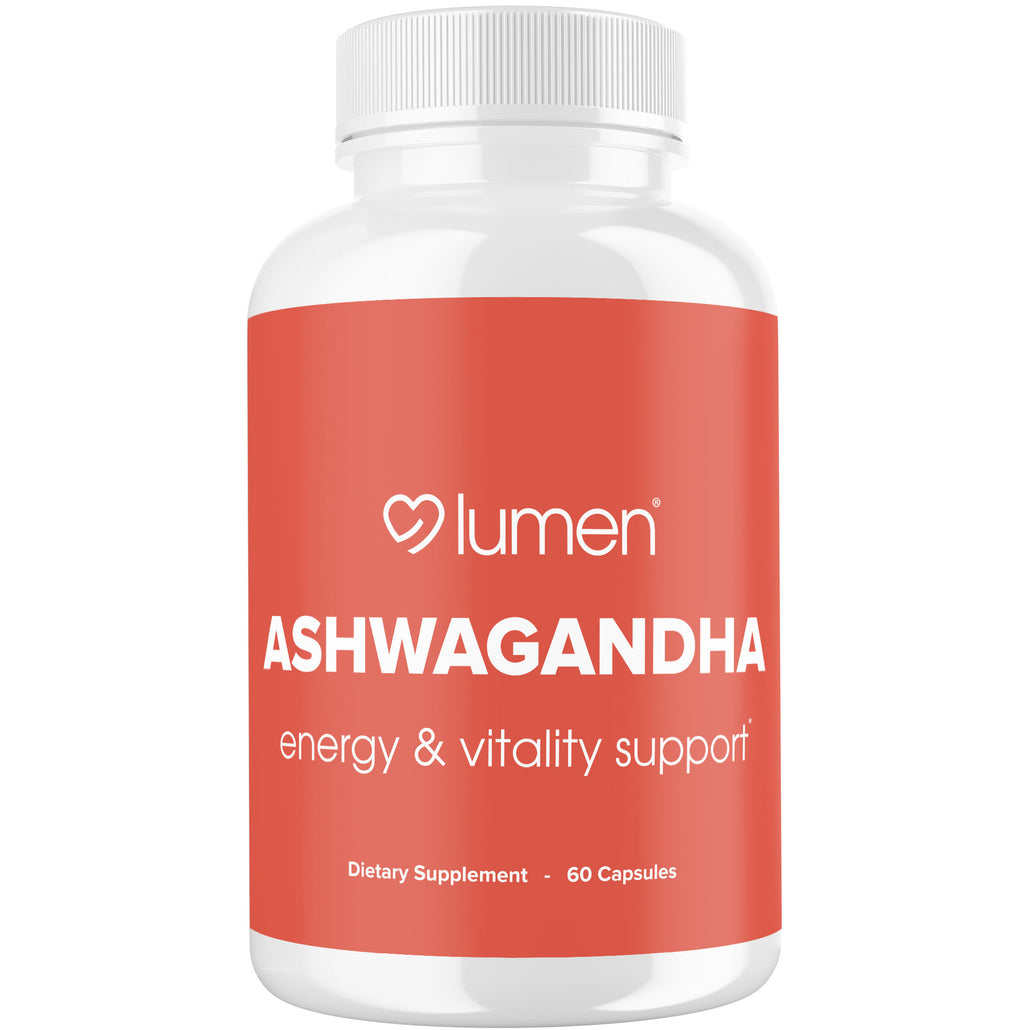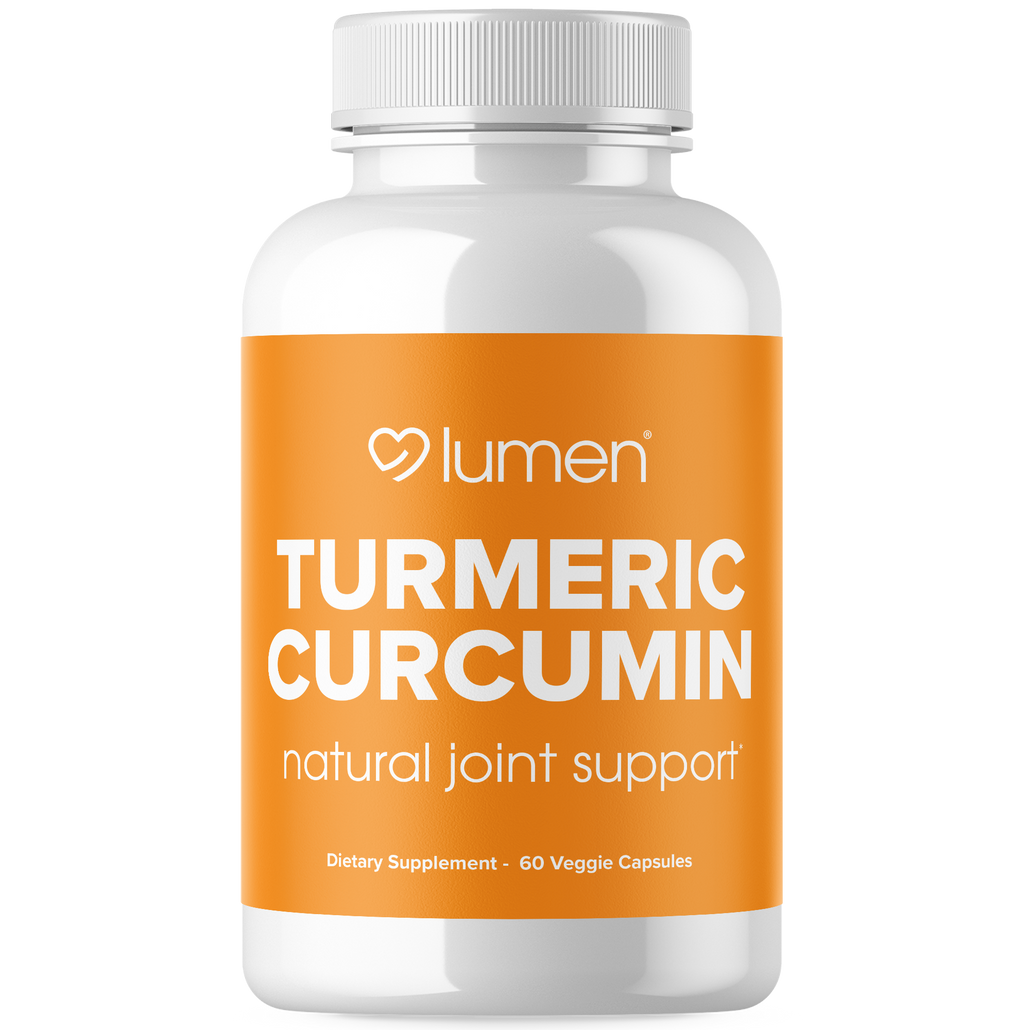3 Reasons to Consider Ashwagandha for Male Infertility
Ashwagandha: An Ancient Medicine
Ashwagandha, also called “Indian ginseng” is a popular adaptogen that has gained a significant attention in the Western medicine due to its incredible and varied health benefits. While most of us know this ancient herb as a stress-buster and sleep promoter, new studies suggest it could be effective for male infertility as well.
How does Ashwagandha help male infertility? It may be surprising to hear that it may be better than testosterone-containing drug products for male fertility problems.
How Ashwagandha Works To Improve Male Infertility
Ashwagandha is one of the most valuable herbs in the ancient Indian traditional medicine system “Ayurveda”. According to Ayurveda, Ashwagandha is a “Rasayana”, a substance that promotes overall health and extends lifespan. The history of its use dates back to more than 6,000 years.
In recent times, Ashwagandha has become increasingly popular in the Western world, particularly due to two reasons. First, more and more scientific investigations are being conducted to evaluate its health benefits. Notably, most studies have found promising results. Second, renowned personalities like Chris Kilham openly advocate its use for general ill-health, impotence, mental fatigue, and low sperm count.
Infertility is an inability to conceive after at least 12 months of unprotected intercourse with the same partner, according to the WHO. About 50% of human infertility can be attributed to problems in the males. Poor semen quality, low sperm volume and low sperm count in the semen are three most important indicators of male infertility.
Unfortunately, up to 50% of infertile males don’t exactly know the reason why they are failing to have a baby. This puts an enormous psychological pressure on both the partners and males often turn to alternative therapies to find a solution. If you are going through a similar phase, you should definitely try Ashwagandha.
3 Reasons Why Ashwagandha is a Powerful Natural Treatment for Male Infertility
1 - Ashwagandha boosts Testosterone (T) levels.
Commonly, infertile males tend to have lower testosterone levels in their bloodstream. Because testosterone is key to the production of mature and healthy sperm cells, having low T-levels significantly impacts a male’s ability to contribute to conception. Moreover, an optimal T-level is also necessary for releasing adequate seminal fluid which in turn supports the survival and motility of sperm cells.
According to a 2013 study published in the journal Evidence-Based Complementary and Alternative Medicine, Ashwagandha extract results in higher T-levels and thus helps to maintain good sperm health.
2 -Ashwagandha reduces cortisol levels and regulates sperm production.
Undoubtedly, psychological stress is common among infertile males. The ongoing stress causes a sharp rise in the blood levels of cortisol, also called stress hormone. An increasing number of study suggests that having higher blood levels of cortisol can disrupt healthy sperm production by increasing oxidative stress and decreasing T-levels.
Ashwagandha not only boosts T-levels but also regulates sperm production by maintaining a healthy hypothalamic-pituitary-gonadal (HPG) axis. HPG axis is a complex network linking the brain’s hypothalamus, pituitary gland and testosterone-releasing gland. Any disruption in the HPG can result in a low sperm count.
3 -Ashwagandha is safe, effective and causes very few to no side effects.
It’s quite natural to be concerned about the safety of your health. However, keep in mind that the safety of Ashwagandha has been well established by hundreds of scientific studies. There are no reports of serious events resulting from the short-term oral use of this wonderful herb. Moreover, only a very few patients have reported some minor side effects like digestive problems. Luckily, these problems tend to go away on their own once the body adjusts to the new substance.
Is Ashwagandha Safer than an Artificial Form of Testosterone found in Drug Products?
Doctors may prescribe certain drugs that contain artificial testosterone to treat male infertility. While they can be effective, the patients often have to bear the brunt of unwanted side effects, most notably, acne.
This is one area where Ashwagandha leads the race.
It goes without saying that substances in their natural form have a better safety profile than their artificial counterparts.
By the same token, Ashwagandha-induced T-production is safer than injecting or implanting a testosterone drug.
Powerful Natural Health From Nature
Visit Our Store Page to View All Our Products







